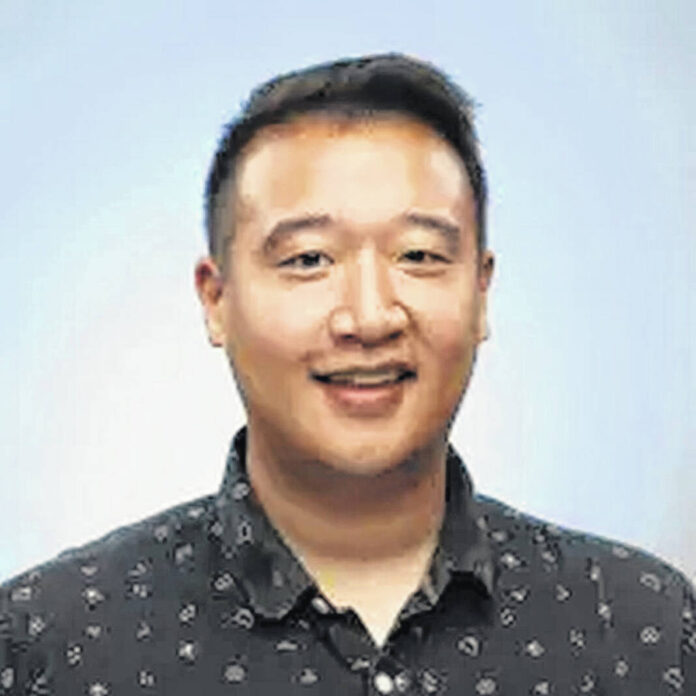A few minutes into following my colleagues’ coverage of a mass shooting that left 10 dead and 10 wounded during a Lunar New Year dance party, I started to wonder if years of being a journalist had compromised my humanity.
Because even as I tried to focus on the tragedy and grief of the victims, I had one question on my mind: What race was the shooter, and what race were the victims?
But perhaps I’m not alone. Asking that question has become routine in a country where mass shootings happen hundreds of times a year. A town or a location will trend on Twitter, and we ask, almost automatically: Which political, ethnic, sexual or religious minority is under attack today? In which direction shall we send our outrage?
In November a gunman killed five people in a gay nightclub in Colorado Springs, Colo. A few months before that, a heavily armed 18-year-old white man killed 10 people at a supermarket in a predominantly Black neighborhood of Buffalo, N.Y. In 2019 a mass shooter targeting Latinos killed 23 people at a Walmart in El Paso.
Not all mass shootings are political. Authorities are still looking for the motive in Saturday’s attack, in which the suspect was a 72-year-old Asian man. But I think the aftermath of shootings often shows us how politically insane our discourse has become.
Takes form faster than any police department could possibly find and release information. Posts about how the story is being under-covered by the media begin to circulate mere minutes after news breaks on social media, long before anyone could have possibly completed such an analysis. We start grieving before we even know the names or faces of the victims.
We live in a country where so many kinds of people feel under attack, all the time. A constant drumbeat of mass shootings targeting minorities has made that worse. A rash of highly publicized racial violence toward Asian Americans has put many of us on edge, and not without reason: The California Department of Justice’s annual report on hate crimes noted that the number of anti-Asian hate crimes in 2021 rose from 89 to 247.
It’s natural and understandable to look for confirmation of those fears. We need to do more to draw attention to the real danger that minorities face from racist extremism.
But I also think attention doesn’t always help an issue. The weeks of intense national attention that often follow mass shootings often take the focus away from victims. And I’ve noticed attention always tends to fade when the facts trickle in.
It’s worth asking ourselves: Why are we so eager to rush to judgment? Do we care for the shooters’ victims, or are these reactions based on our own fears and anxieties?
I think we give mass shooters too much power to determine how afraid and how angry we should be.
And I firmly believe that mass shooters prove nothing, no matter who the shooter or his victims were or what the shooter’s manifesto may or may not say. It’s natural that these tragedies spark debate, but they should not define the borders of our public discourse.
If the shooter were a scholar of race volunteering for Black Lives Matter and his victims were entirely powerful white men, we would still have a racism problem in this country, and it would still largely be run by powerful white men.
If the investigation finds that the shooter was sober and never diagnosed with a mental illness, our emergency and public health infrastructure will still force thousands of severely mentally ill people to battle illnesses alone, without insurance coverage.
And our permissive, profit-centric gun culture will make it far too easy for guns to fall into the hands of the next mass shooter. Whoever he is.
Frank Shyong is a columnist with the Los Angeles Times. His column does not necessarily reflect the opinion of The Lima News editorial board or AIM Media, owner of The Lima News.







